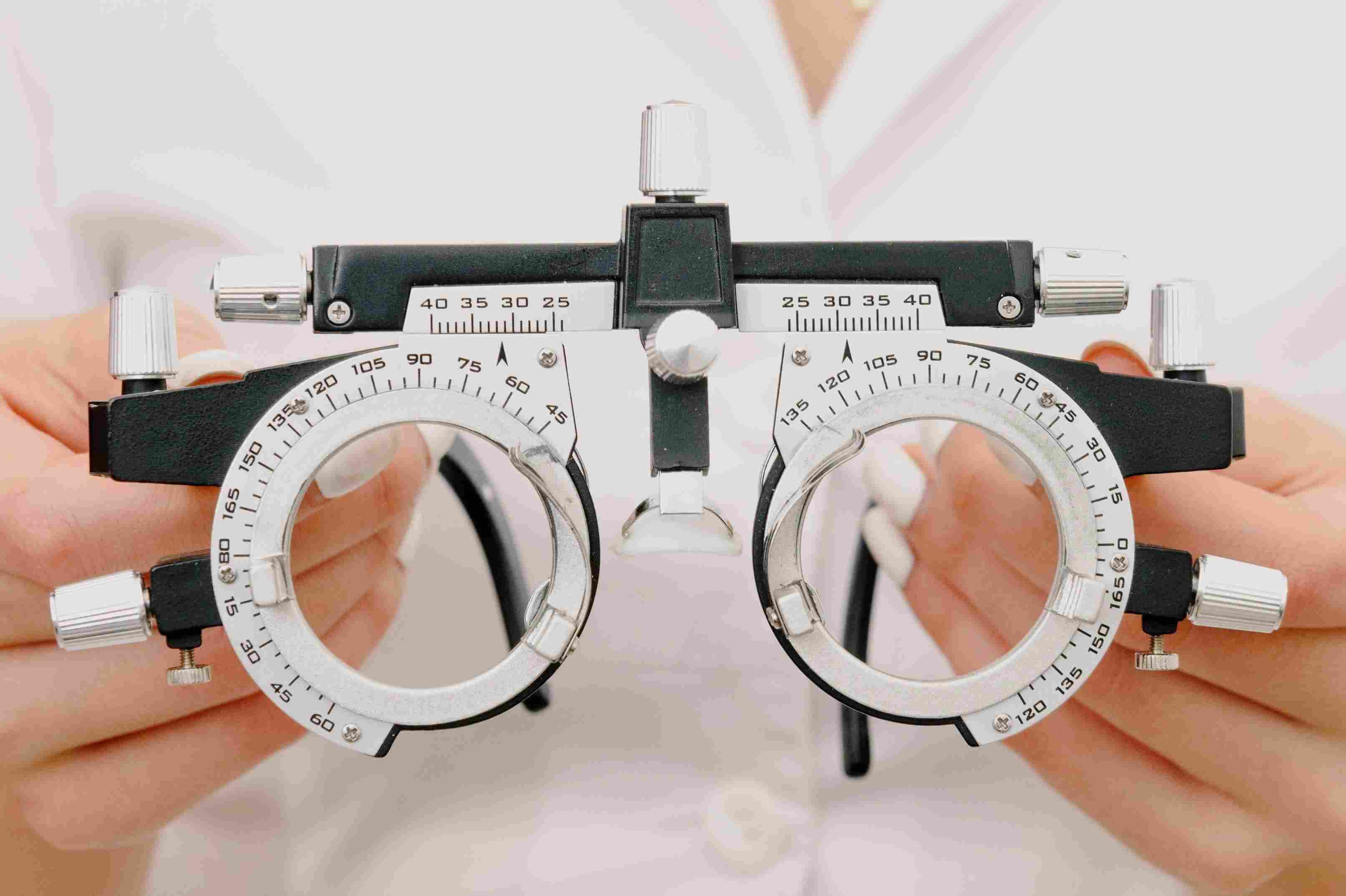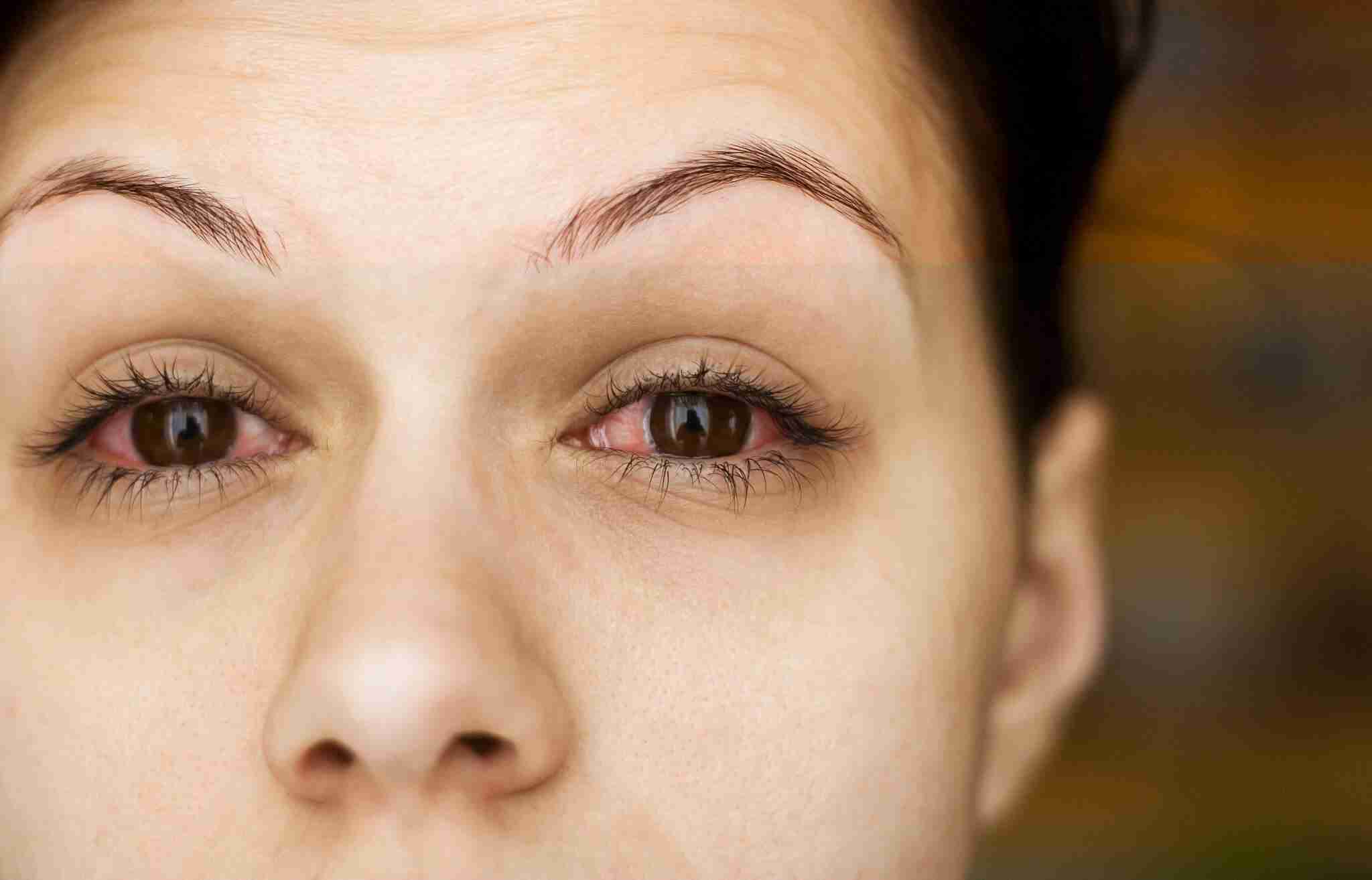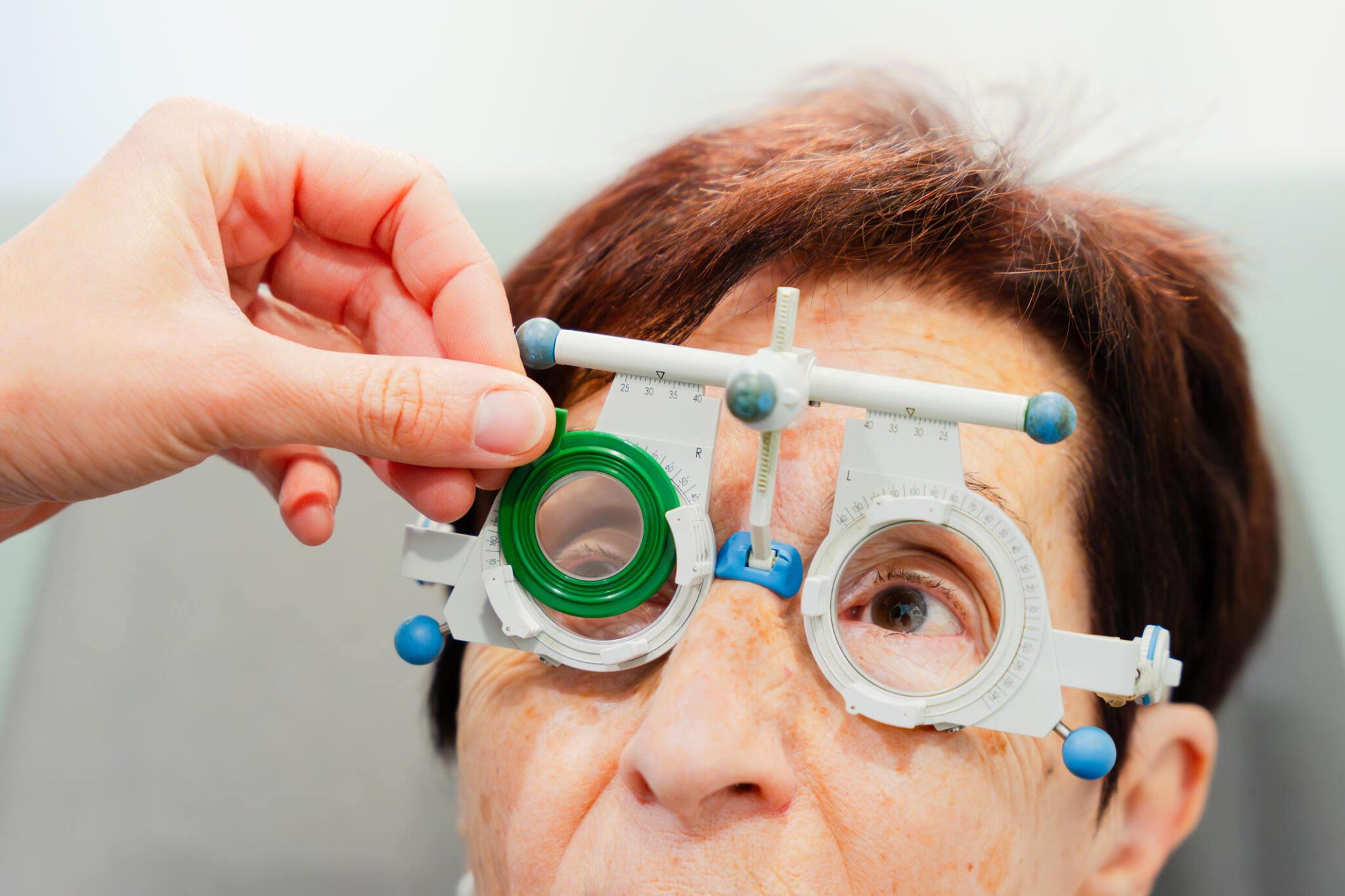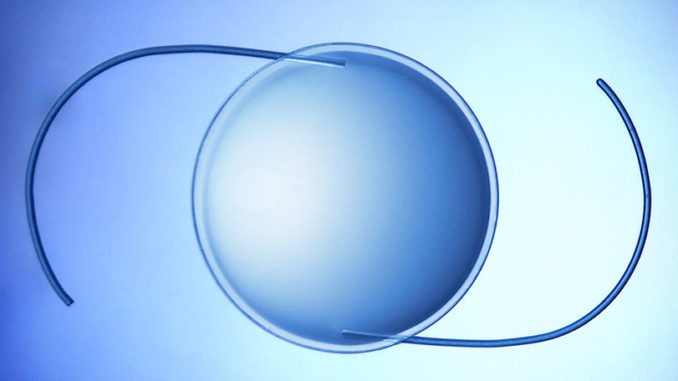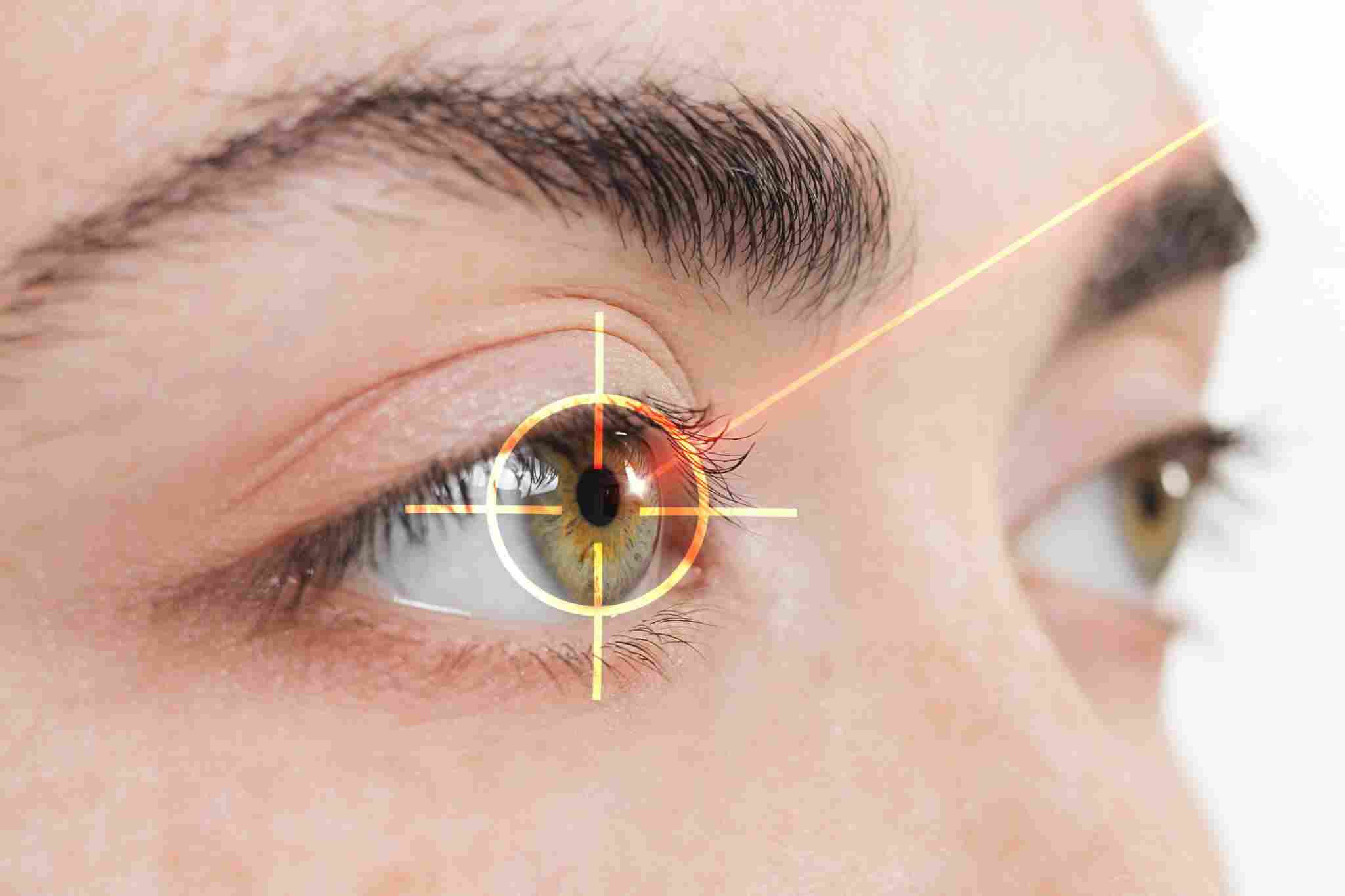Maintaining Clear Eyesight and Understanding Glaucoma
Maintaining clear eyesight is a complex interplay of many different components within the eye. When a single element falters, it can significantly affect vision and overall eye health. One often-overlooked factor is the fluid inside the eye, which must maintain a precise pressure range. Deviations from this range can lead to ocular nerve damage, resulting in permanent vision loss — a process known as glaucoma.
The Delicate Drainage Cycle in Healthy Eyes
Our eyes are filled with transparent fluids, with the front chambers containing aqueous humor and the larger back chamber filled with vitreous humor. However, these fluids don't stagnate; instead, they undergo a constant replenishment cycle to ensure freshness. Crucially, the old fluid needs to drain as swiftly as new fluid is produced. Interruptions or blockages in this drainage cycle give rise to glaucoma.
Exploring Glaucoma Variants: Angle-Closure and Open-Angle
Angle-closure glaucoma occurs when the iris physically blocks the eye's drainage canals. This variant often manifests with symptoms like nausea, headaches, blurred vision, eye pain, and halos around lights. The onset can be sudden, so seek immediate attention from an eye doctor if you experience these symptoms.
In contrast, approximately 90% of glaucoma cases are open-angle glaucoma, characterized by a gradual clogging of the eye's drainage canals over an extended period. Progression is often subtle, making it challenging for patients to detect until the later stages when significant damage has occurred. Regular eye exams play a pivotal role in early detection, allowing timely intervention to prevent further harm.
Identifying Glaucoma Risk Factors
While everyone faces some degree of glaucoma risk, certain factors increase susceptibility. Angle-closure glaucoma is more prevalent among individuals of Asian descent, whereas Black and Hispanic individuals, as well as the elderly, are more prone to open-angle glaucoma. Heredity is a significant risk factor, with familial ties increasing the likelihood of developing glaucoma. Other risk factors include eye injuries and the use of steroids.
Protecting Your Eye Health
Aside from getting regular eye exams to catch glaucoma as early as possible, there are things people with risk factors can do to help prevent vision loss:
- Steroid Use Caution: Long-term or high-dose steroid use can raise eye pressure, especially if you have glaucoma. Inform your eye doctor about any steroid use.
- Nutritious Diet: Consume leafy greens, colored fruits, and berries, rich in vitamins and minerals that may help prevent glaucoma.
- Moderate Exercise: Engage in moderate exercise like brisk walking, which can lower eye pressure and enhance overall health.
- Eye Injury Prevention: Wear protective eyewear during sports and activities to avoid eye injuries that may lead to glaucoma.
- Avoid Head-Down Positions: If at risk, avoid prolonged head-down positions, including specific yoga poses, as they can increase eye pressure.
- Sleep Position Awareness: For those with glaucoma, avoid sleeping with your eye against the pillow or on your arm. Address snoring and sleep apnea risks.
- Sun Protection: Wear quality polarized sunglasses and a hat to shield your eyes from UV rays, potentially linked to a type of glaucoma.
- Oral Health Connection: Maintain good oral hygiene, as research suggests a link between gum disease and optic nerve damage in glaucoma.
- Blood Pressure Management: Inform your eye doctor about your blood pressure medicine, especially if taken at night, as low blood pressure during sleep can worsen glaucoma. Consult with your primary care doctor before making any changes.
Early Diagnosis: A Game-Changer
Regrettably, optic nerve damage from glaucoma cannot be reversed. However, modern treatments can effectively halt its progression. Early detection is paramount, emphasizing the importance of understanding personal risk factors and prioritizing regular eye exams. By staying vigilant, we can safeguard our patients' eyesight and well-being.

